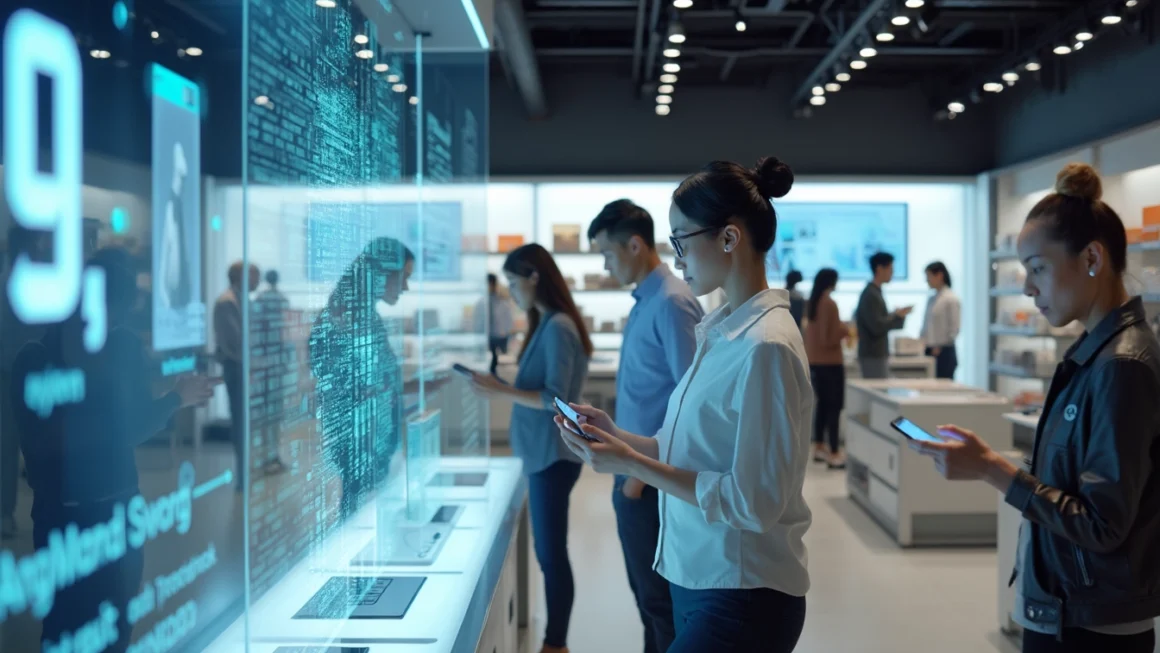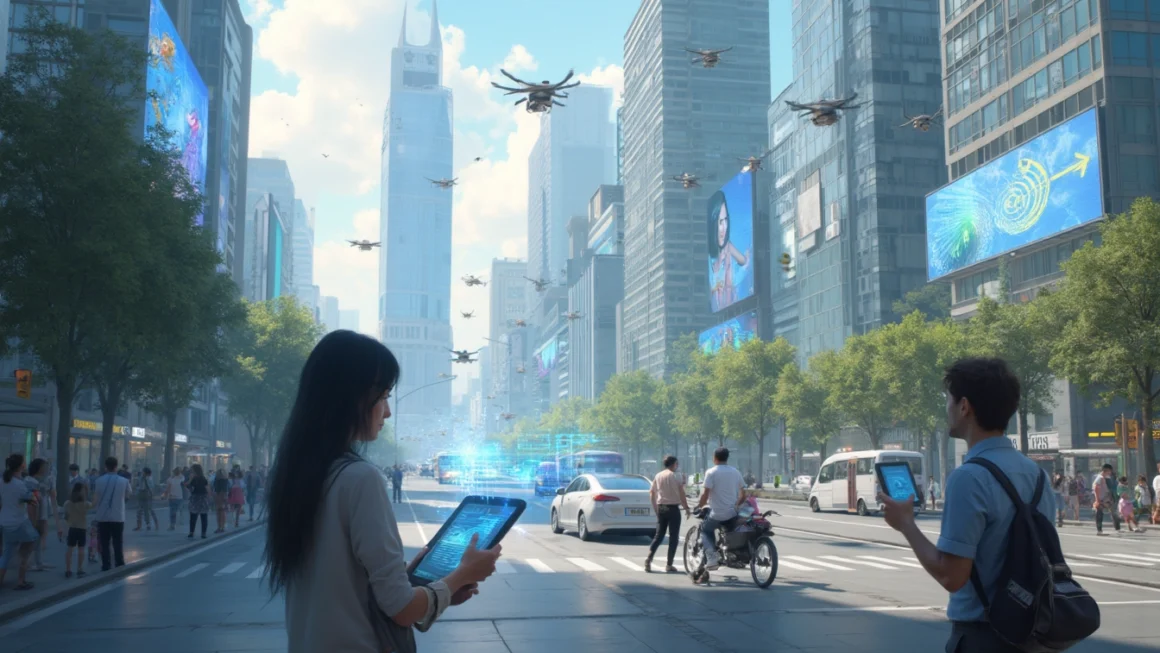The Rise of Artificial Intelligence in Retail
Table of Contents
In recent years, the retail industry has witnessed a significant transformation with the integration of artificial intelligence (AI) technologies. From enhancing customer experiences to optimizing supply chains, AI is revolutionizing the way retailers operate and interact with consumers.
Personalized Shopping Experiences
One of the most notable applications of AI in retail is the creation of personalized shopping experiences. By analyzing vast amounts of customer data, including browsing history, purchase patterns, and demographic information, AI algorithms can provide tailored product recommendations and personalized marketing messages. This level of customization not only improves customer satisfaction but also increases the likelihood of sales and customer loyalty.
Inventory Management and Supply Chain Optimization
AI-powered systems are revolutionizing inventory management and supply chain operations. These intelligent systems can predict demand patterns, optimize stock levels, and streamline logistics processes. By analyzing historical data, market trends, and external factors such as weather conditions, AI can help retailers minimize overstocking and stockouts, reducing costs and improving overall efficiency.
Chatbots and Virtual Assistants
AI-driven chatbots and virtual assistants are becoming increasingly common in the retail sector. These intelligent conversational agents can handle customer inquiries, provide product information, and even assist with purchases. By offering 24/7 support and quick response times, chatbots enhance customer service while reducing the workload on human staff.
Visual Search and Image Recognition
Visual search technology, powered by AI and machine learning algorithms, allows customers to search for products using images instead of text. This feature is particularly useful in fashion and home decor retailers, where customers can upload a photo of an item they like and find similar products within the store’s inventory. This technology not only improves the shopping experience but also helps retailers better understand customer preferences and trends.
Fraud Detection and Prevention
AI algorithms are becoming increasingly sophisticated in detecting and preventing fraud in retail transactions. By analyzing patterns and identifying anomalies in real-time, these systems can flag suspicious activities and protect both retailers and customers from fraudulent transactions. This enhanced security measure builds trust and confidence among shoppers, particularly in the e-commerce space.
Price Optimization
AI-powered pricing systems can analyze market conditions, competitor prices, and customer behavior to determine optimal pricing strategies. These dynamic pricing models can adjust prices in real-time based on demand, inventory levels, and other factors, maximizing profitability while remaining competitive in the market.
In-Store Analytics
Brick-and-mortar retailers are leveraging AI and computer vision technologies to gain insights into customer behavior within physical stores. These systems can track foot traffic patterns, analyze dwell times in different areas of the store, and even assess customer emotions through facial recognition. This valuable data helps retailers optimize store layouts, product placements, and staffing levels to enhance the in-store experience.
Augmented Reality (AR) Shopping
AI-powered augmented reality applications are transforming the way customers interact with products before making a purchase. From virtual try-ons for clothing and accessories to visualizing furniture in their homes, AR technology allows customers to make more informed decisions and reduces the likelihood of returns.
Challenges and Considerations
While the benefits of AI in retail are substantial, there are also challenges to consider. Privacy concerns, data security, and the need for transparency in AI decision-making processes are important issues that retailers must address. Additionally, the integration of AI systems requires significant investment and may lead to job displacement in certain areas of the retail workforce.
The Future of AI in Retail
As AI technologies continue to evolve, we can expect even more innovative applications in the retail sector. From fully automated stores to AI-driven fashion design, the possibilities are endless. Retailers who embrace these technologies and adapt to the changing landscape will be better positioned to thrive in the competitive market.
The integration of AI in retail is not just about automating processes; it’s about creating smarter, more efficient, and more personalized shopping experiences. As consumers become increasingly tech-savvy, retailers must leverage AI to meet their expectations and stay ahead of the curve. Automation tools can play a crucial role in implementing AI solutions efficiently, allowing retailers to focus on strategy and innovation.
In conclusion, artificial intelligence is reshaping the retail industry, offering unprecedented opportunities for growth, efficiency, and customer engagement. As we move forward, the successful integration of AI will likely become a key differentiator between thriving retailers and those left behind in this rapidly evolving digital landscape.




